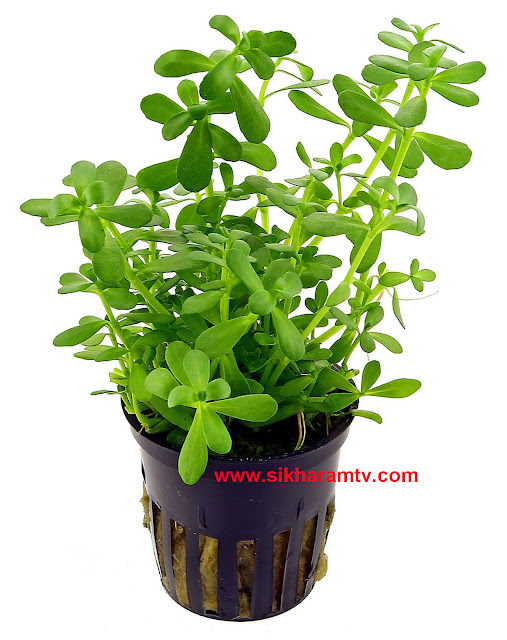Gotu Kola also known as “Brahmi”, which is derived from Hinduism meaning the “Brahman”. The Brahman is the unchanging reality amidst and beyond the world. In Sanskrit it is Sat-cit-ananda, which is being-consciousness-bliss and is the highest reality.
Throughout its history, Brahmi has been one of the more important herbs when it comes to Ayurvedic medicine. In India, the herb was used with newborn children, with the wide held belief being that the herb would cause the child to become more open minded and intelligent; essentially the Brahmi was actually believed to free the mind of the child.
Additionally, the herb was well known and used by the great sages of Indian philosophy, who appropriately gave it its name which means ‘knowledge’. Charaka, Ayurveda’s third legendary physician, who identifies the seasons and times of day when a particular plant’s medicinal powers achieve their maximum potency, states that the true value of brahmi lies in its outstanding performance against senile decay and loss of memory, and its capacity for enhancing verbal articulation.
One interesting piece of evidence for its effectiveness is given by Appa Rao in Medicinal Plants of India: “A double blind clinical test was conducted on thirty mentally retarded children, who were free from epilepsy and other neurological conditions, to study the effect of the drug extracted from Indian pennywort (brahmi) on general mental ability. The results indicated a significant improvement in both general ability and behavioural patterns when the drug was administered for a short period of twelve weeks.”
About the plant
Brahmi, a plant from the Umbelliferae family, is the Sanskrit name for the Indian pennywort, also known as khulakudi in Hindi. In the dictionary of herbs it is known as somavati or saraswati. It is a so-called ‘weed’ which is found growing wild in marshlands and reservoirs, and near the banks of rivers and lakes all over India and South Africa. This herb creeps along the ground, rooting at the nodes, and has small light green leaves fluted around the edges. In taste it resembles parsley, but unlike parsley it is slightly bitter. The entire plant, especially the leaves, is used for medicinal purposes. It is perhaps the most important nervine herb used in Ayurvedic medicine.
Brahmi and the yogi
Brahmi is an important food for yogis and improves meditation. A dosage of brahmi taken before meditation is a great aid in this practice. It helps to awaken the crown chakra at the top of the head (sahasrara), and balance the right and left hemispheres of the brain. Brahmi is one of the best herbs for balancing and rejuvenating the whole mind and consciousness system.
Constituents
Consisting of triterpenoid saponins, sapogenins, Calcium, Phosphorous, Iron, Potassium, Beta-Carotene, Thiamine, Riboflavin and Niacin.











No comments:
Post a Comment